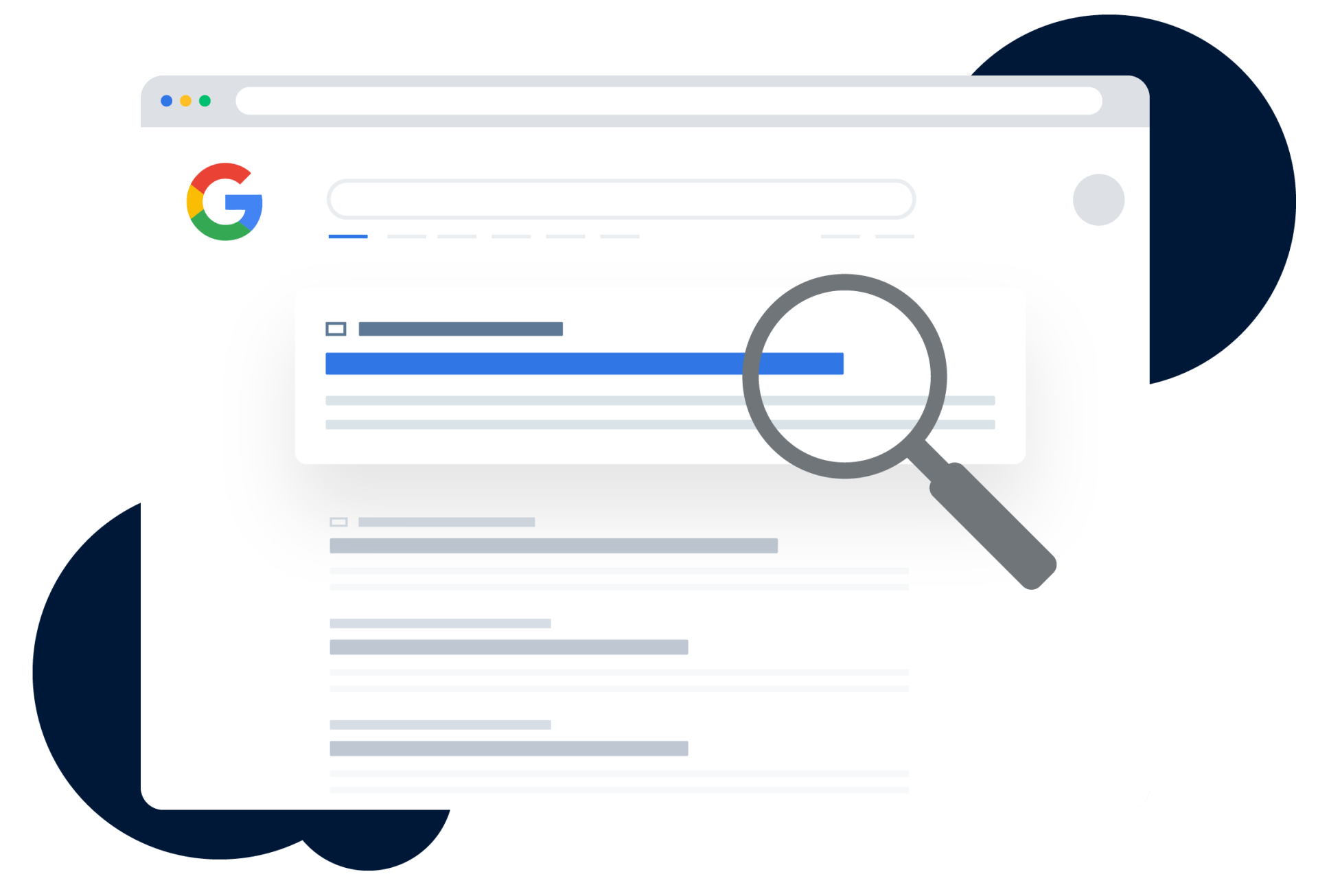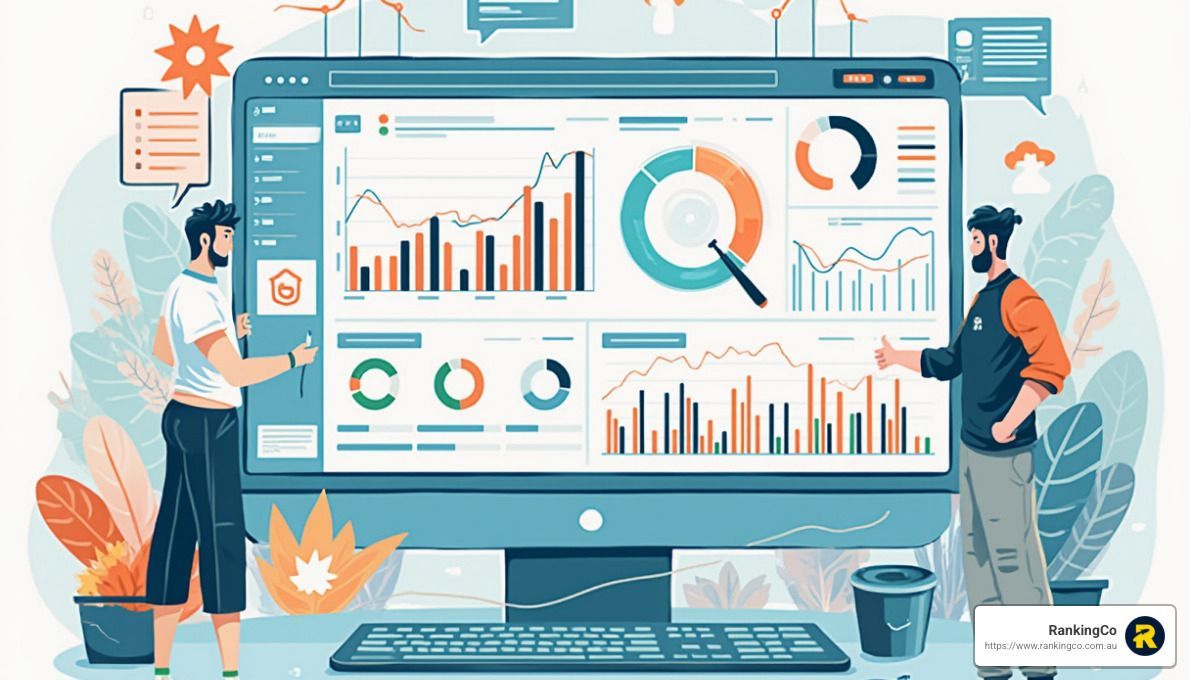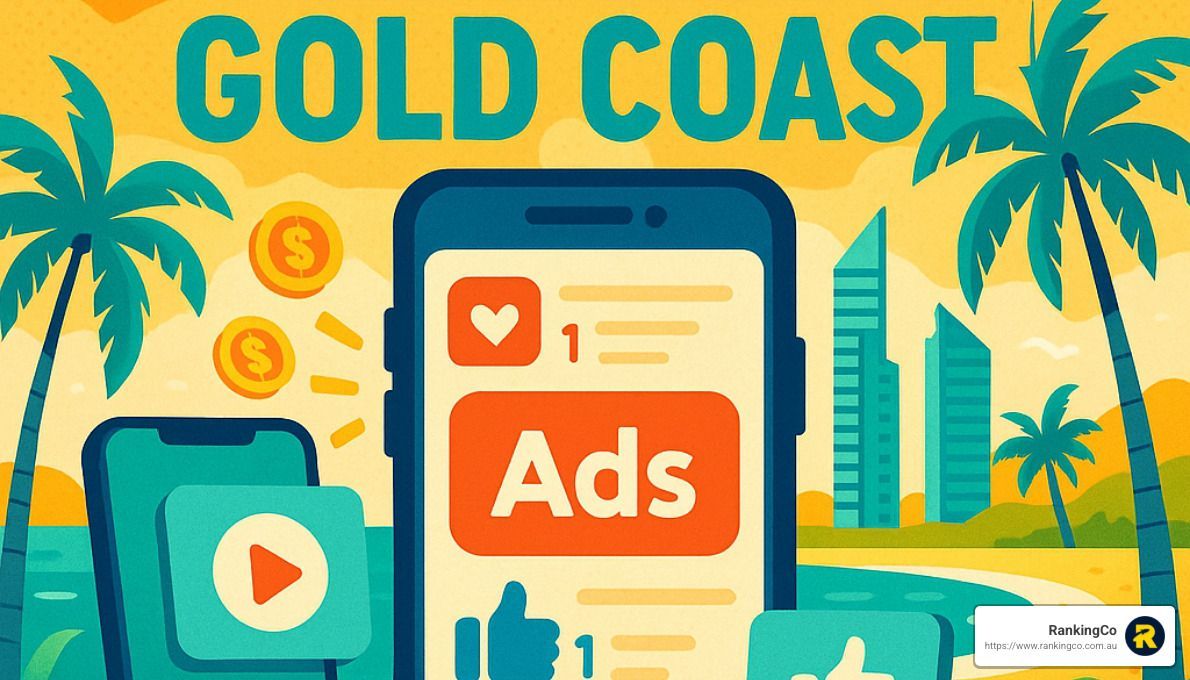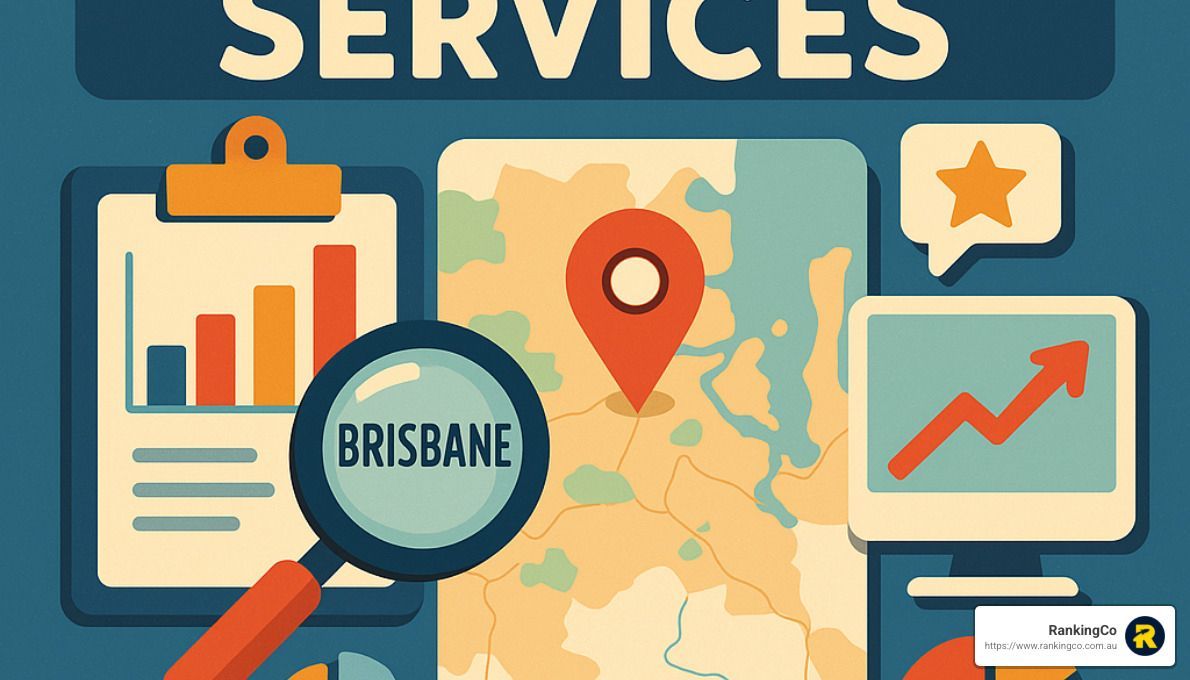Google's privacy changes 2022
February 1 2022 was the start of a new era in Google history as they move to a more privacy based model. Queries that are shown in Google Ads now meet a new set of public privacy standards.
Along with this Google have been using their social media to discuss the benefits of privacy on the internet, with multiple resources being produced for advertisers and users alike.
When looking at these Google announcements you may have asked the question ‘Why is Google focusing more on privacy?’.
Now with Android also being a part of Google’s Privacy Sandbox there is a multitude of reasons, both in favour of users and in favour of Google, why these new mandates are being introduced.
Google's given reasons and goals
The goal of Google is to use their proposed Privacy Sandbox as
an
alternative to third-party cookies and other applications that can track you and your Ad-ID. Users will have access to their Topic API so they can disable topics they do and don’t want to see in their ads and searches.
For Google, this signifies a more user friendly approach where specific ads that may match their prior searches will not be shown.
One of the statistics highlighted in Google's copy regarding this improvement in privacy is a Pew Research Centre study that found that 81% of consumers say that the potential risks of data collection outweigh the benefits.
This need for privacy has been related to the increase in searches during the 2020 Covid-19 pandemic in their “Driving growth in a changing privacy environment” document, despite the data used to corroborate their statement coming from a 2019 study.
As a result of this Google has stated that they want businesses to use first-party information collected from customers who have consented to the information being shared.
Google have have explained that this is better for businesses and the platform as it will allow businesses to strengthen customer relations with promotion tactics like targeted discounts.
Another reason given is in allowing users freedom of information without them feeling worried about being tracked against their will by publishers and developers.
They also argue that this will enable these same companies to keep their online content free but in the next sentence state they will need to invest in “privacy-preserving alternatives for their key business needs, including serving relevant content and ads”.
The move away from third-party data and fingerprinting
So what is wrong with third-party data? Well, third-party data usually comes from cookies installed in sites that then track an individual across multiple sites and discover information like search habits and country.
Sites can also use fingerprinting which is a more extreme version of the practise that allows for more detailed tracking, which Google is trying to combat.
One of the ways Google is targeting this is by using a DNS-over-HTTPS protocol that encrypts Domain Name System queries and responses within a HTTPS message. This stops third parties from observing the sites user’s visit and redirects them from any phishing sites.
Google also wants sites to have a clear privacy policy that are made explicit to users as to how they can control them. Google has noted this will be imperative within the Privacy Sandbox to be implemented by websites. Google will also have a great degree of control over cookies.
Developers are required to tag cookies by using the SameSite cookie “label” to describe if a cookie is used in a third-party or first-party context. With the phasing out of third-party cookies, this will mean Google can stop these cookies crossing over to different sites.
However, one of the things mentioned by Ben Galbraith, Senior Director of Product Google, is that critical use cases that are important to the ecosystem will be allowed third-party cookies, though what constitutes a critical use case is not defined any further.
The switch to first party cookies
First-party cookies are text files that collect information of users only when they are on the website. However, the amount of information they are allowed to gather is decided by the aforementioned privacy policy.
Within this privacy policy, the user will have complete control of information regarding their demographic which would otherwise be shared with the site when they access it or purchase from it.
Whilst the Privacy Sandbox has an estimated delivery of two years, the Google Analytics 4 system already has a privacy first system.
This privacy system was is the “Consent Mode” which allows users to opt out of information being collected and Google aggregating data to make up for the lost conversion and behavioural data.
How Google can benefit
When considering why these changes have been made it is important to dig deeper into the reasoning behind Google's decisions and the potential benefits they can reap.
The organisation they are being regulated by is the UK’s Competition and Markets Authority to assure a fair market.
However, Google has distinct stakes within the UK and particularly the Republic of Ireland, with the company paying taxes and employing 8,000 people in Ireland.
This is not the only way Google can benefit, with the circular nature of this new initiative having potential monopolisation in regards to the technology in relation to online marketing.
The promotion of Google's machine learning
In their releases, Microsoft has stated that with the Privacy Sandbox they will be creating “new measurements and reporting tools” in order to replace third-party cookies.
Not much has been announced about the power these reporting tools will have in comparison to current reporting tools but Google has announced that they will be designed to stop users from being tracked across different websites.
Though they have not announced the new tools, they have recommended that marketers move towards a universal approach of conversion modelling. They have also recommended heavily that marketers start utilising AI technology for this transition.
Google has a noted investment in AI relating to analytics, with the 5.4 million (USD) investment in Iteratively being a recent example of this.
The link between conversion modelling and Google’s AI is also noted in copy about how the system works. In their “Driving growth in a changing privacy environment” document they state that their AI will observe the link between interaction and conversion.
It will do this by using available data to divide users into subgroups based on ‘non-sensitive’ characteristics like conversion type, location and device type.
It will then use this to subjugate users who did not give information into the prior established subcategories.
This means that people who had hidden certain information may have that same information revealed by the Google AI in arranging the users into categories.
This draws the question of whether this truly improves the privacy of the user experience or whether
Google is attempting to create a circular control of digital advertising charging us for information that third parties would charge for originally.
This is further evidenced by the creation of ‘Gatekeeper’ for the Privacy Sandbox which hides IP addresses ad makes them harder to obtain with the alternative being this AI system to draw a link between these users and their searches.
Google cloud tech
Another piece of Google owned tech that is being pushed with Privacy Sandbox is their cloud technology.
Google states this will have a positive impact on marketers and users as hashed user-provided data can be sent to Google who can attribute this information as being obtained in a privacy safe way, by matching it with Google accounts.
Google believes this will provide more observable data to measure conversion data and help optimise keywords with smart bidding.
It is questionable whether this creates a level playing field for businesses when keywords could be doing well for relatively cheap and then get driven up by competition who have the money to invest in Google tech.
This driving of price is also evidenced in a new piece of Google tech called “FLEDGE” where advertisers can show how much they are willing to pay to present their ads to you and decide what ads the user is shown.
This marketing method is also through the aforementioned conversion-led method that Google was promoting in conjunction with their AI technology. The Google Cloud tech will allow users to save clients data by saving it to the cloud.
Programs like BigQuery, another Google owned entity, entitle better financially equipped users the ability to hire a data scientist to analyse and draw better leads and program your AI of your Google AI to continue earning better insights and learn algorithms.
This financial incentivising also extends to Google Cloud itself with the premium service allowing for placing of server side tagging across google and non-google tags on Google Tag Manager and Tag Manager 360 to have third party tags for enhanced conversions.
These tags do not just sit within the cloud but also extend to their platforms of Google Ads, Search Ads 360, Display & Video 360, Campaign Manager 360, and Google Analytics.
The potential repercussions of this
The potential repercussion of these changes is a potential monopolisation of services regarding search engine advertising. With the resources that Google has actually outlined, the financial gains are notable.
Furthermore, this has the potential to benefit bigger companies too, with the ability to make keywords unobtainable by driving prices in a user and advertiser context.
This adds the question of affordability for small businesses who may be swept aside by companies who have ties with the emergent technology and can afford to implement it.
One can only wonder the true extent that privacy is being improved. With Google using AI to draw conclusions based on the information you are willing to provide to create an approximate to the information you did not want to provide.
This data will then be available on Google Cloud for advertisers to continually advertise to you with the data you did not want them to access.
It also begs the question of how much control Google will have over user data. Google will have access to user information without the repercussions of having actually tracked them thanks to Cloud tech and their advertising technology.
Furthermore, connected businesses and conglomerates may be able to share information with their different businesses without Google’s knowledge,
If you are looking to keep updated on all things digital marketing and the latest announcements by Google, check out some more of our RankingCo blogs.
We are a digital marketing agency who specialise in everything digital. If you want to learn more about the services we offer, click here.
Keep an eye on updates about the Privacy Sandbox click
here.















